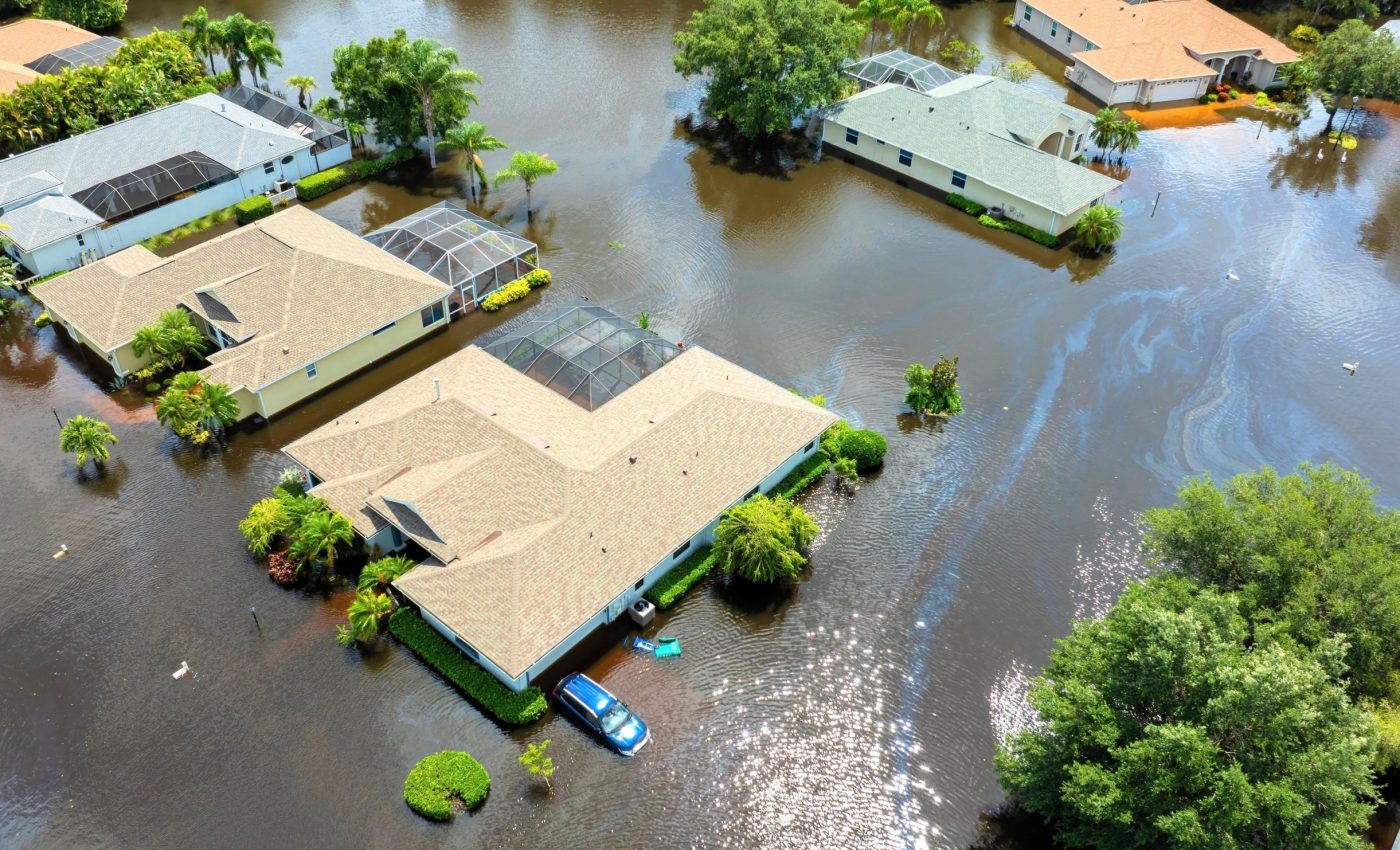
When climate change hits home, people finally take action
Climate change isn’t some faraway threat anymore. From flooded neighborhoods to scorching summers, it’s already here – and it’s changing lives.
But here’s the real challenge: even with the science, the headlines, and the warnings, a lot of people still don’t feel moved to do anything about it.
What actually makes people take action against climate change? A new international study just got closer to the answer.
Motivational interventions may help
The study brought together participants from the U.S., U.K., Greece, Sweden, Bulgaria, and Nigeria. The researchers weren’t just interested in what people said they cared about – they wanted to see what people would do.
Individuals were given a choice: put in physical effort to raise money for either a climate charity or one fighting world hunger.
Most people were more willing to work hard for hunger relief than for the environment. But when researchers gave them a little push in the right direction – what they called “motivational interventions” – things changed.
Making climate change feel personal
Two of these interventions really stood out. One focused on something called psychological distance. That’s the mental gap people feel between themselves and climate change. Basically, it doesn’t feel personal enough.
This intervention showed how climate change is already affecting them locally – their homes, neighborhoods, and daily lives. When people saw it that way, they cared more.
The second used a concept known as system justification. It tapped into people’s instinct to defend the way of life they’re used to. The message was simple: climate change threatens your way of living – and acting on it is a patriotic duty to protect your country.
After hearing these messages, people were just as willing to help the climate cause as they were to fight hunger.
Personal impact and climate action
This research was led by scientists from the University of Birmingham, working with a global team. What made their study different is they didn’t just ask people how they felt about climate change.
The individuals were put in a situation where they had to actually do something – and measured how much effort they were willing to give.
“From cycling rather than driving to organizing waste for recycling, many of the actions we can take to tackle climate change require us to exert physical effort,” said Dr. Jo Cutler, one of the study’s lead authors.
“We found that the most effective interventions were those that show climate change is already affecting people and their way of life may be changed or lost due to climate change.”
That connection between personal impact and motivation seems to be key.
Lack of motivation to act
The study tested 11 different interventions, but not all were effective. Two popular ideas actually fell flat.
The first was showing that 99% of climate scientists agree that climate change is real and caused by humans. That might sound persuasive, but it didn’t increase people’s motivation to act.
The second was a more emotional approach: participants were asked to write letters to future generations – children or relatives – explaining what they were doing to protect the planet. While heartfelt, it didn’t move the needle in terms of effort.
That tells us something important: just knowing the facts or feeling emotional doesn’t automatically lead to action.
Predicting climate action
Besides the interventions, the researchers found two major factors that predicted how hard people were willing to work for climate causes: whether they personally believe that climate change is real, and whether they support environmental policies.
The results confirm that personal beliefs and political views still play a huge role in climate action.
“Our findings show that despite how powerful some interventions might feel to sway us on climate action, when it comes to prosocial behavior we as humans are by and large motivated by what feels immediate and close to us,” said study co-lead author Professor Patricia Lockwood.
“Making climate action a patriotic duty for every citizen in every country around the world is a tool that we can adopt now to try to limit human-caused climate change.”
Finding what motivates climate action
The study didn’t just point out what doesn’t work – it gave a clearer picture of what actually moves people to take climate action.
It’s not about lecturing, shaming, or showing big numbers. It’s about connecting the issue to real lives, real homes, and the things people care about most – like protecting their country and way of life.
Climate change is happening now. And the more people feel that reality in their own communities, the more likely they are to roll up their sleeves and do something about it.
The full study was published in the journal Communications Psychology.
—–
Like what you read? Subscribe to our newsletter for engaging articles, exclusive content, and the latest updates.
Check us out on EarthSnap, a free app brought to you by Eric Ralls and Earth.com.
—–













